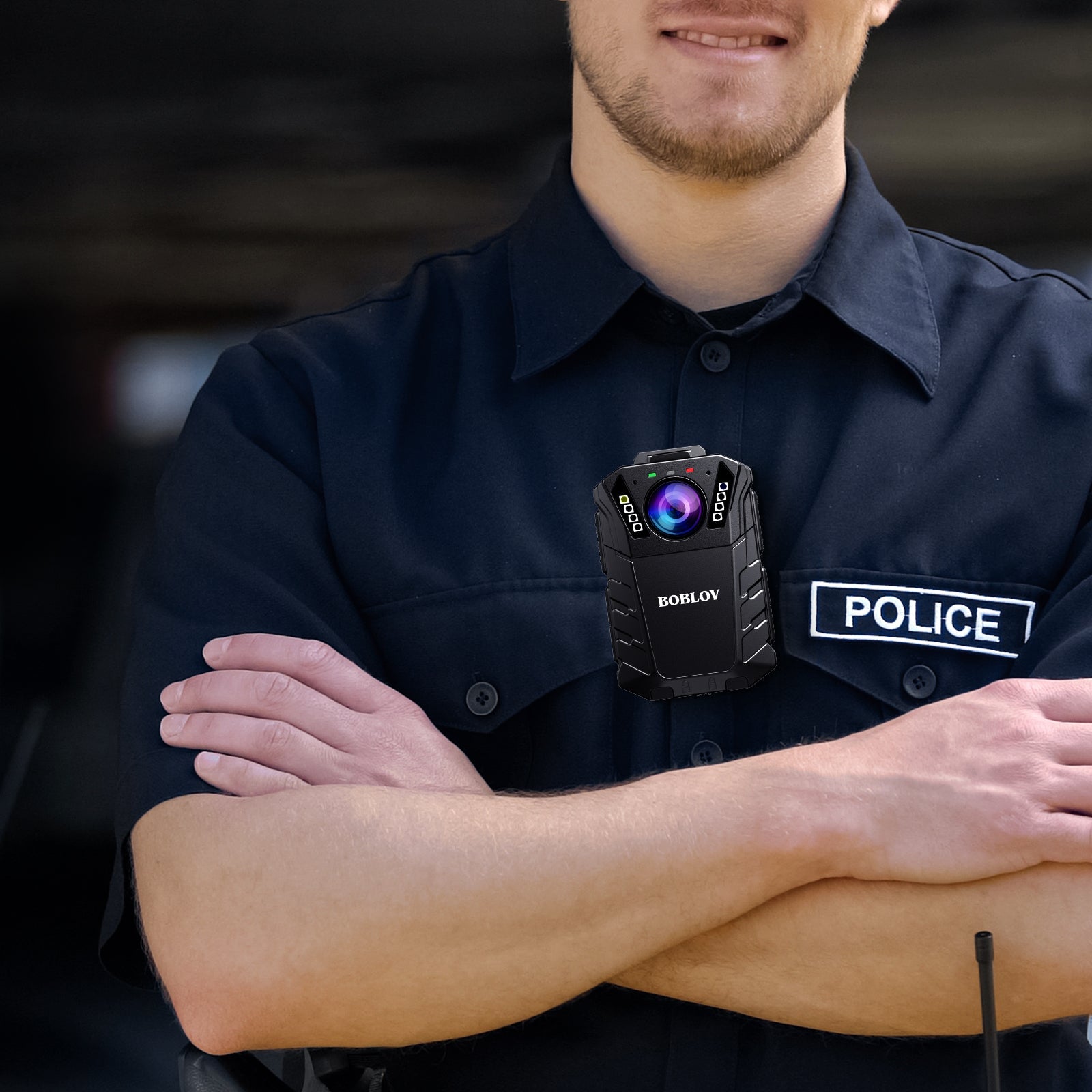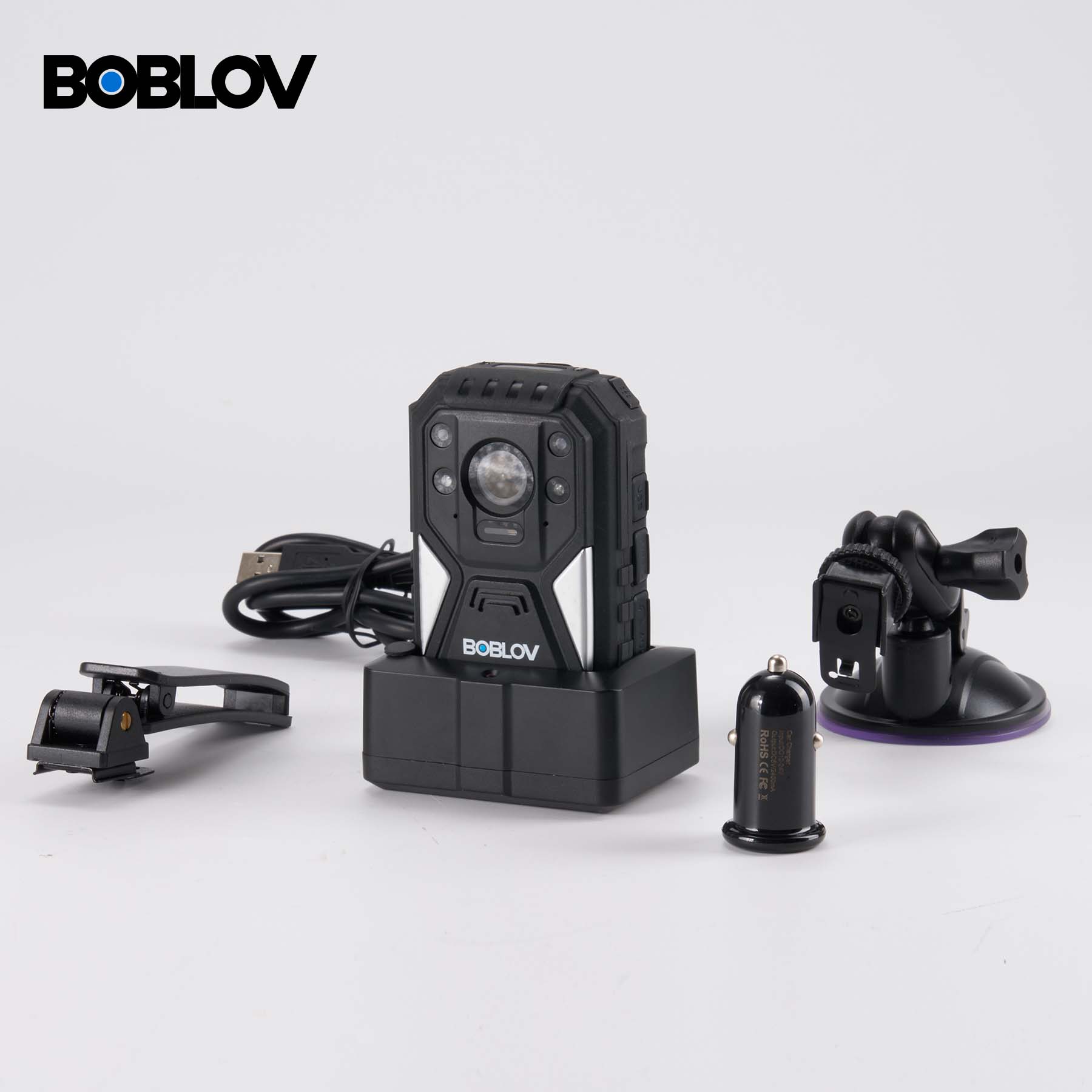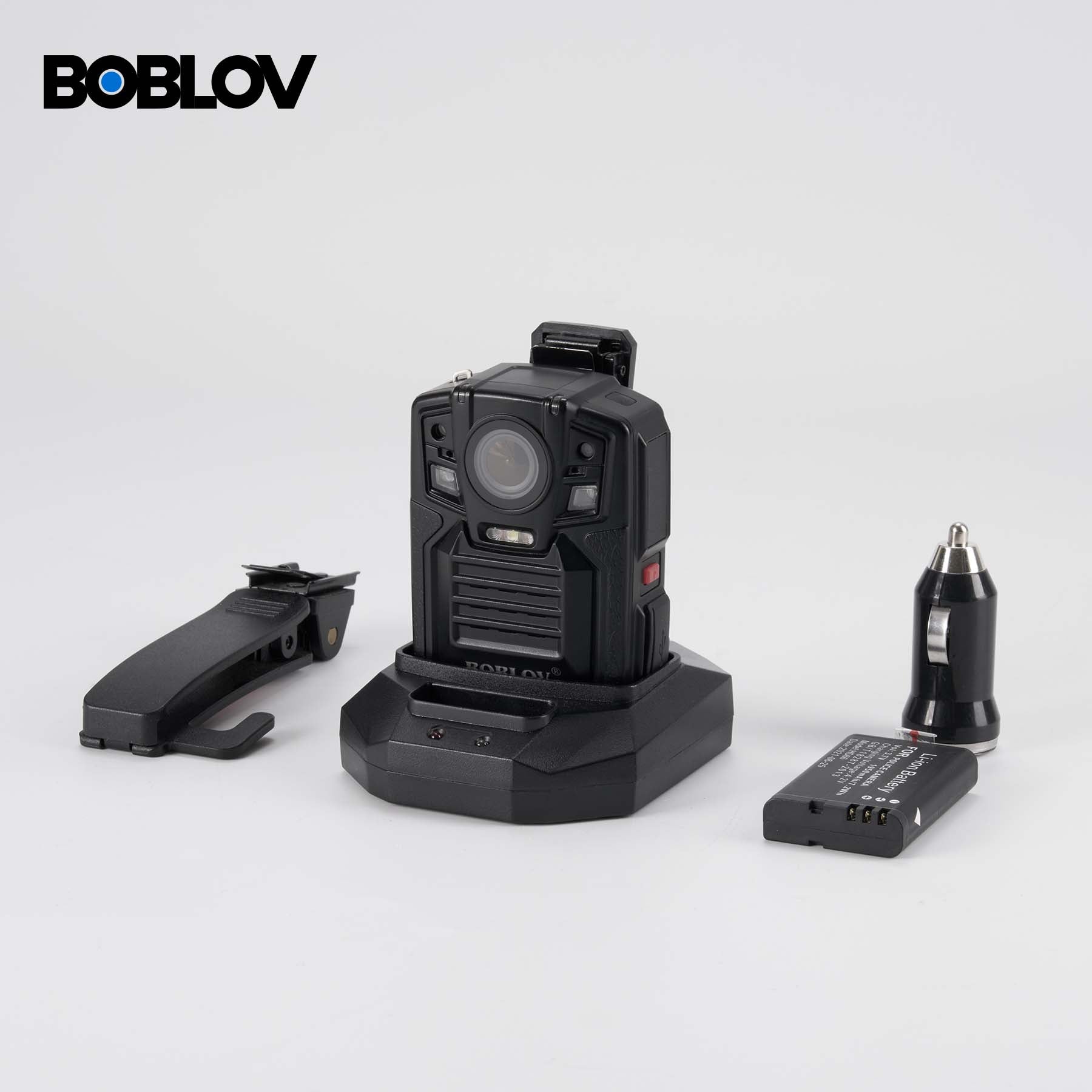The Evolution of Law Enforcement Technology in the United States
Tracing the History of Body Cameras in the US
The rise of body cameras in the US tells a unique story. Starting as a tool for capturing evidence, these devices have become vital for police transparency. Their use goes back to small pilot programs. Now, they are a core part of police gear. We've seen a shift from bulky, low-quality units to sleek, high-tech cams. Today's body cams offer HD recording and live streams. This change has driven a surge in demand for cops body cams for sale.
Technological Innovations in Modern Body Cameras
Recent tech has taken body cams to new heights. Devices now include features like HD recording and night vision. Facial recognition and GPS tagging are also built in. Body cams can live stream footage to command centers. They also have longer battery lives and better data storage. Some even come with cloud uploading options. These upgrades matter for cops in the field. They make cams more effective as tools for both safety and justice.
Impact of AI and Machine Learning on Cops Body Cams
The integration of AI and machine learning has revolutionized body cams. Here's a glance:
- Enhanced Video Analytics: Police can now quickly sift through hours of footage. AI helps to spot key moments.
- Facial Recognition: Identifying suspects in real time is possible with AI on body cams.
- Behavioral Prediction: Patterns in body language may predict threats, helping officers to act.
- Redaction Software: AI aids in blurring faces for privacy in public recordings.
AI not only boosts safety but also ensures justice is served efficiently.
Regulatory and Ethical Considerations for Cops Body Cams
The Legal Framework Governing Body Cameras in Law Enforcement
The legal aspects of body camera use in law enforcement are quite intricate. These devices are ruled by laws that vary among states and agencies. Privacy concerns, data storage, and access rights are all covered by these laws. They aim to strike a balance between gathering evidence and protecting individual rights. One key law is the Freedom of Information Act (FOIA), which can conflict with privacy laws. Agencies must regularly review these frameworks to ensure compliance and uphold civil liberties.
Balancing Privacy and Security with Body Cam Technology
The use of body cams by police has sparked debate on privacy versus security. These devices can deter misconduct and provide evidence. Yet, they also pose risks to individual privacy. A key issue is when and where officers may record. Guidelines are vital to protect citizen rights while aiding law enforcement. This balance is crucial for trust in the justice system. Debates on these matters continue nationwide, to ensure ethical use of this tech.
The Future of Cops Body Cams and Their Role in Modern Law Enforcement
Trends in Body Camera Adoption Across US Law Enforcement Agencies
The trend of adopting body cameras across US law enforcement is on the rise. This reflects a vital shift towards transparency. Agencies seek to build public trust through visual evidence of interactions. Data shows more officers now wear cameras than a decade ago. The benefits? De-escalation of tense situations and clear records of conduct. Challenges remain, such as cost and policy development. But momentum suggests body cams will soon be a staple in policing.
How Cops Body Cams are Shaping the Future of Accountability and Transparency
Body cams are becoming key tools for police. They record events as they happen, offering clear proof of what took place during an incident. This transparency has two big effects. First, it can increase public trust in police work. People feel safer when they know officers' actions are recorded. Second, it holds cops to a higher standard. With cameras on, officers may think twice before acting out of line. These factors make body cams vital for modern law enforcement.
Potential New Developments in Body Camera Technologies
As we look forward, technology will further enhance cops body cams. Let's explore potential advancements:
- Integration with Other Devices: Future body cams may work with other tech, like drones or police car dash cams.
- Higher Resolution and Night Vision: Expect clearer images, even in low light, as resolution improves.
- Longer Battery Life and Storage: Developments in battery and storage tech could mean less downtime for cams.
- Advanced Analytics Software: New software might analyze footage in real time for critical insights.
- Enhanced Durability: Upcoming models could be more rugged, standing up to extreme weather and shocks.
- Facial Recognition Capabilities: While controversial, this tech could become more prevalent in body cams.
These changes may boost how police work is done. They also raise new questions about privacy and use.




